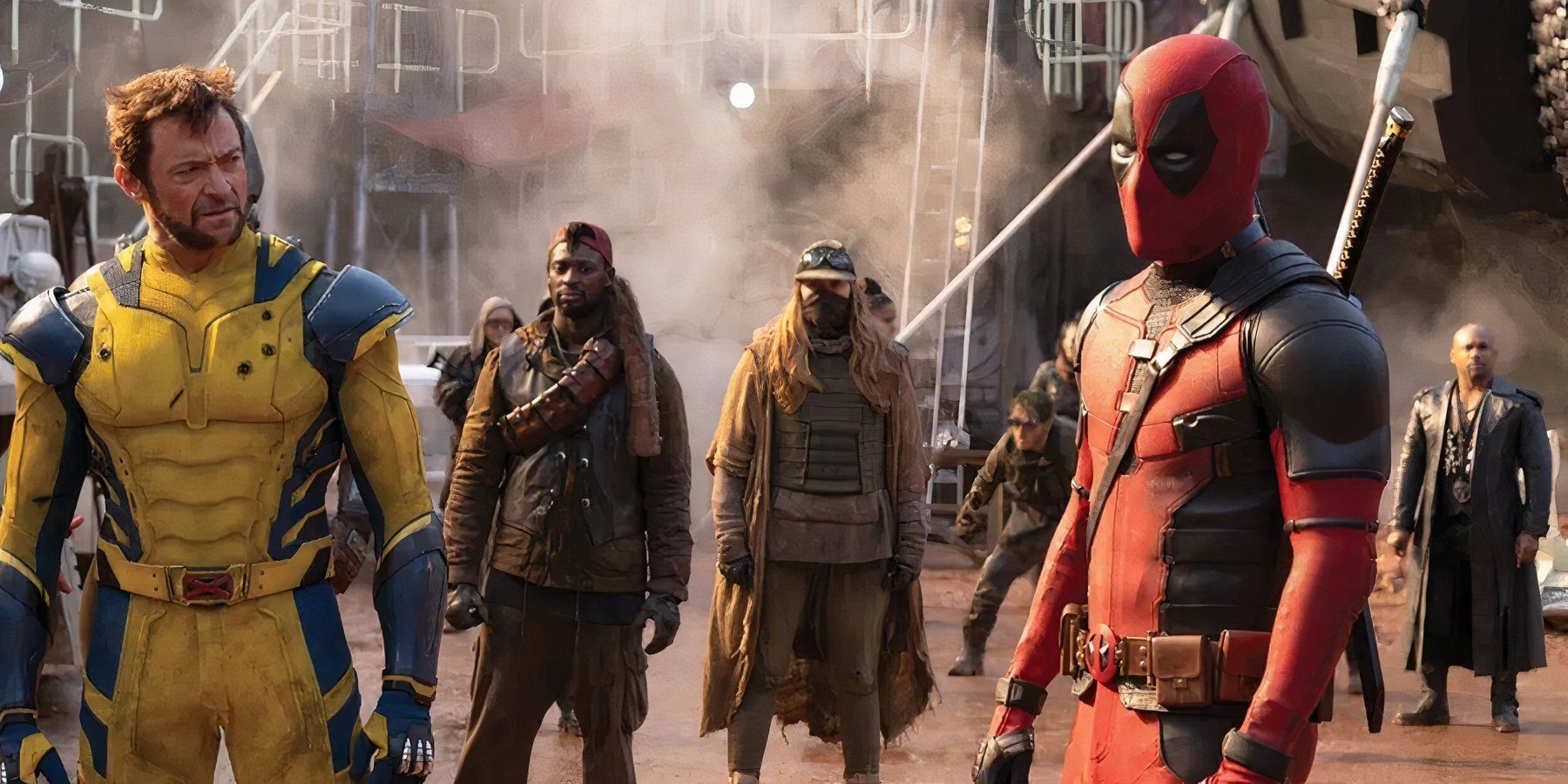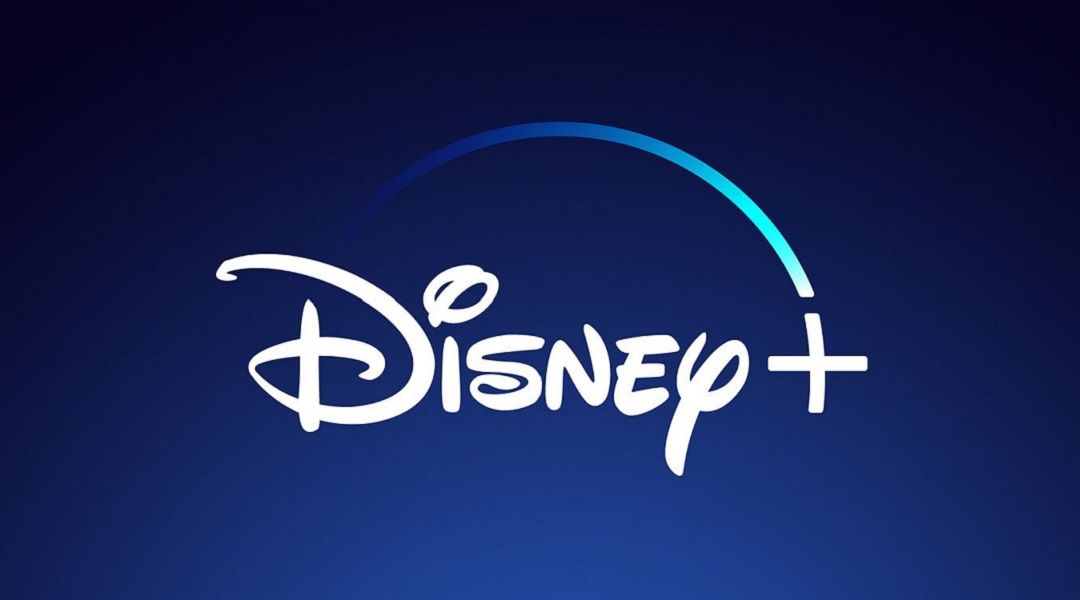The hot new thing for streaming services? Context. Not too long ago many films and shows such as Gone With The Wind were the center of heated debate as folks reckoned with how to handle classic media that contained insensitive depictions of people and touchy events. One of the companies caught up in that debate was Disney, who eventually decided the best thing to do was place a warning label in front of a few of their older films with controversial material. Now the company has amped up the language in those warnings, and added some discussion of historical context and using storytelling as a tool for positive change.
Disney's new sensitivity warning goes like this: "This program includes negative depictions and/or mistreatment of people or cultures. These stereotypes were wrong then and are wrong now. Rather than remove this content, we want to acknowledge its harmful impact, learn from it and spark conversation to create a more inclusive future together." Then the statement goes on to explain the company's current stance: "Disney is committed to creating stories with inspirational and aspirational themes that reflect the rich diversity of the human experience around the globe. To learn more about how stories have impacted society, please visit www.disney.com/StoriesMatter."
It's a nice sentiment, one that arguably lets audiences have their cake and eat it too. People interested in watching the shows and films get to do so, while also acknowledging that things have changed quite a bit since folks could watch such things uncritically. Of particular note is the phrase "These stereotypes were wrong then and are wrong now.” It's a phrase Warner Bros. also attaches to its old cartoons, and it's a pretty firm stance to take when many would be content to chalk things up to different standards at the time.
Overall this doesn't change much of course; the films and shows have not been changed in any significant ways to alter their content, and no one can force people to read the disclaimer if they really don't want to. Regardless, it's a positive step towards increasing awareness of a cultural baggage that exists in many older pieces of media, and that's a good thing for the health of discussions regarding that media.
Source: Collider




